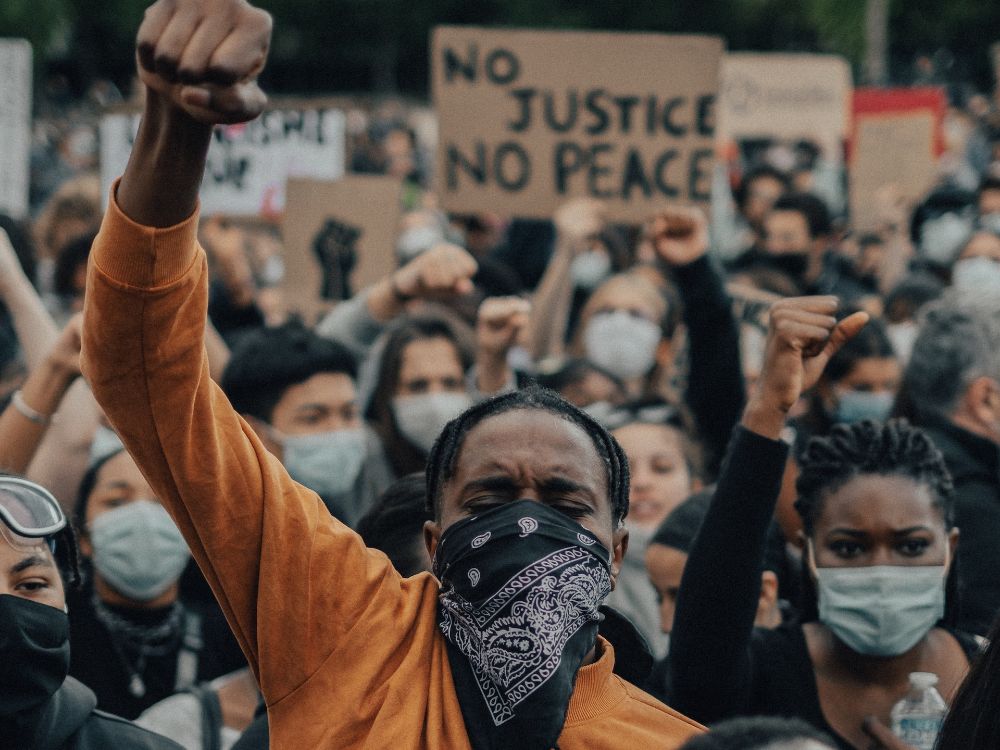The Role of an Event MC: 7 Key Responsibilities to Master
Introduction:
Behind every successful event, there is an exceptional Event MC (Master of Ceremonies) who plays a vital role in creating a memorable experience for the attendees. The Event MC is the charismatic host who sets the tone, engages the audience, and ensures the smooth flow of the event. To be an effective Event MC, one must possess a diverse set of skills and master several key responsibilities. In this article, we will explore the seven fundamental responsibilities of an event mc and highlight their importance in creating a successful event.
1. Pre-Event Preparation:
The journey to becoming a successful Event MC begins long before the event itself. Thorough preparation is crucial for a seamless event. This includes researching the event’s theme, agenda, and target audience. The MC must understand the event’s objectives, key messages, and any specific requirements. Preparing a script or outline helps ensure that the MC is well-prepared, organized, and ready to adapt as needed.
2. Setting the Tone and Welcoming the Audience:
As the first point of contact for the audience, the Event MC sets the tone for the entire event. They create an inviting atmosphere, making attendees feel welcome and comfortable. The MC’s opening remarks should be engaging, enthusiastic, and reflective of the event’s purpose. By establishing a positive connection with the audience, the MC builds anticipation and sets the stage for a memorable experience.
3. Introducing Speakers and Performers:
One of the primary responsibilities of an Event MC is introducing speakers, performers, or panelists. This involves providing brief biographies, highlighting their achievements, and building excitement for their presentations. An effective MC ensures a seamless transition between speakers, maintains a consistent flow, and keeps the audience engaged throughout the event. They should also be prepared to handle any unexpected changes or delays with grace and professionalism.
4. Engaging the Audience:
An exceptional Event MC knows how to captivate the audience’s attention and keep them engaged throughout the event. This can be achieved through various techniques such as storytelling, humor, audience interaction, and energizing the crowd. An MC must be skilled in reading the audience’s response, adjusting their approach accordingly, and adapting to different event formats. By fostering a dynamic and participatory environment, the MC enhances the overall event experience.
5. Time Management and Event Flow:
Maintaining a smooth and well-timed event is critical to its success. The Event MC acts as the timekeeper, ensuring that each segment of the event adheres to the schedule. They should be mindful of time constraints, pacing, and the overall flow of the event. By effectively managing time and seamlessly transitioning between segments, the MC contributes to a seamless and enjoyable experience for both the audience and event organizers.
6. Handling Unexpected Situations:
Even with meticulous planning, unexpected situations can arise during events. A skilled Event MC is quick on their feet and adept at handling unforeseen challenges. This could include technical difficulties, late arrivals, or changes in the program. The MC must remain calm, think on their feet, and adapt to these situations while keeping the audience engaged and informed. Their ability to maintain composure and solve problems contributes to a successful event.
7. Concluding the Event and Expressing Gratitude:
As the event draws to a close, the Event MC plays a crucial role in concluding the proceedings on a high note. They express gratitude to the attendees, organizers, sponsors, and participants, acknowledging their contributions. The MC should summarize the key takeaways from the event and encourage further engagement or action. Ending the event with a positive and inspiring message leaves a lasting impression on the audience and enhances their overall experience.








